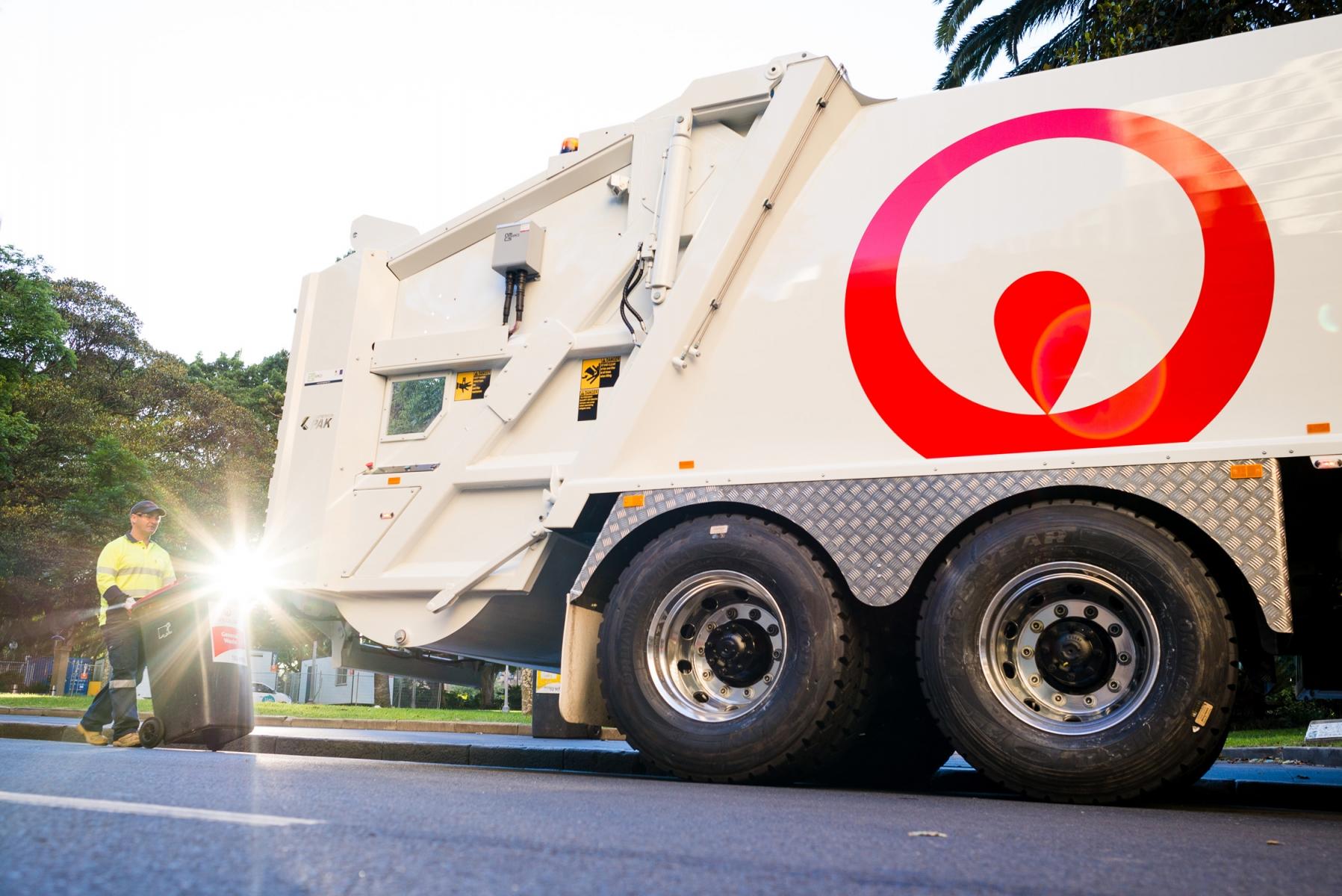
1) So what exactly is Energy from Waste?
Energy from Waste (EfW) is exactly as it sounds - it encourages the recovery of energy from waste while offsetting the use of non-renewable energy sources. EfW has many different implementations which can be suitable for a variety of different businesses and purposes.
2) It’s a big deal in Europe
While EfW facilities do not feature heavily on the business or government agenda in Australia, in Europe it is a different story. This is partly due to the lack of space in the region, prompting legislation to discourage the disposal of waste into landfill. Meaning that Europe had to consider alternative methods to dispose of waste, and began to develop EfW facilities much earlier than other nations with more unoccupied land. Veolia’s operations are no exception - currently operating in 63 EfW facilities around the world, predominantly located in Western Europe.
3) The need for EfW facilities are growing in Australia
Although Australia possesses the physical space for ongoing landfill, this does not mean that there is no need or appetite for EfW facilities, especially as our waste is growing at double the rate of our population. Australia has a high level of interest in energy saving and environmental measures, and has put several plans in place to grow environmental waste disposal methods. One notable plan prepared by Sustainability Victoria called ‘The Statewide Waste and Resource Recovery Implementation Plan’ (SWRRIP) considers a 30 year horizon, recognising that with increased population growth it will be essential to have the infrastructure in place to manage the projected waste, in an environmentally friendly way.
4) Integration is key for businesses
A key element of EfW uptake is cost effectiveness for businesses. Veolia has found integration is an important part of providing value to businesses as well as meeting social and environmental goals. By mimicking the natural connection between water, waste and energy in nature, businesses can be more efficient and therefore receive more ROI from any given solution.
5) Government support is key to EfW growth in Australia
The development of EfW projects globally has been driven by a combination of need and / or legislation. In a nation where the need is not immediately pressing, government support is paramount. Veolia EfW facilities in Western Europe were built in partnership with Local Government to process a variety of different types of waste. For this to happen in Australia, the government at a local, state and federal level need to demonstrate leadership, by putting long term incentives and legislation in place to encourage public and commercial enterprises to consider EfW in all its forms.
Simon Tori, Veolia’s Group General Manager for Victoria and Tasmania produced this article for The French Chamber Institute of Commerce.

